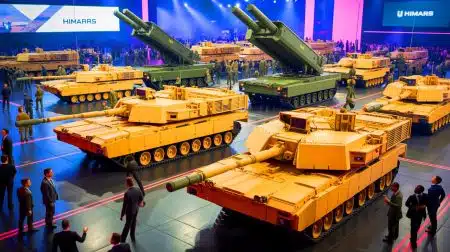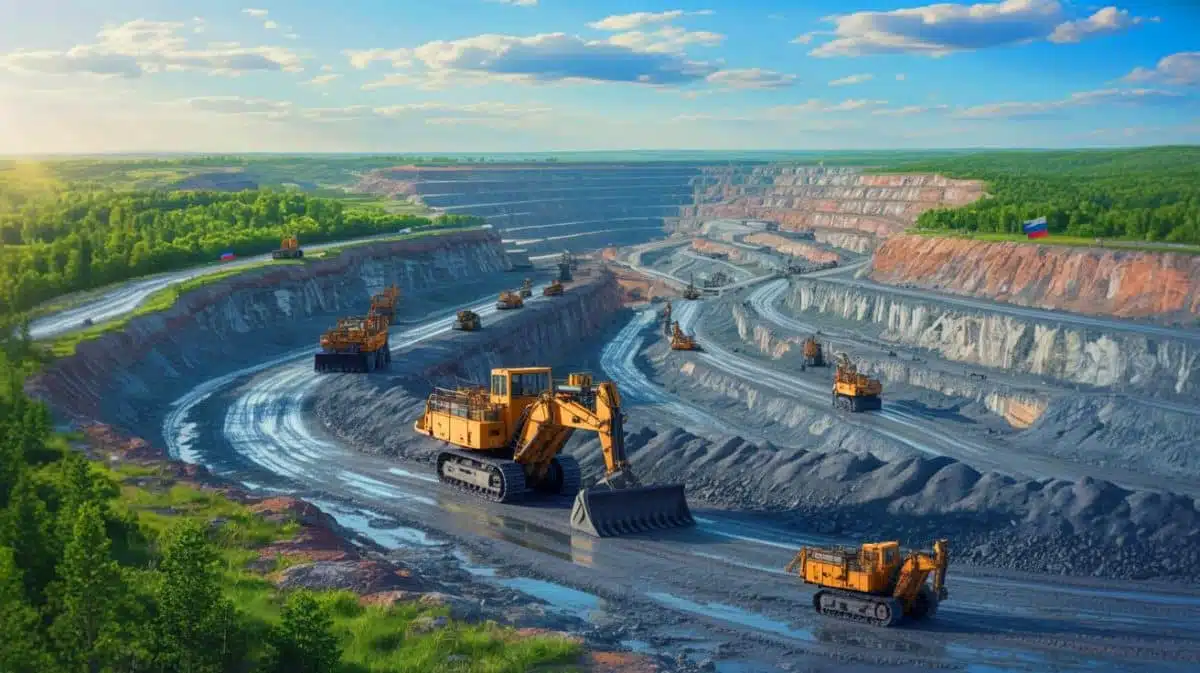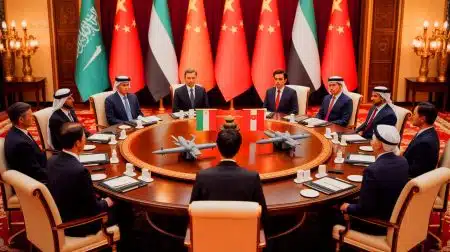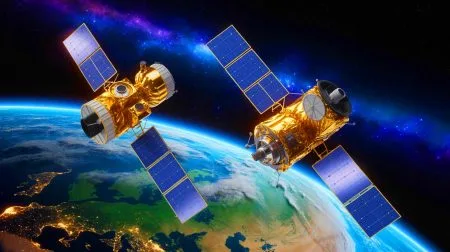| IN A NUTSHELL |
|
The recent capture of a lithium-rich zone by Russian forces near Shevchenko in Ukraine’s Donetsk region has sent ripples across the globe. This strategic area, spanning approximately 247 acres, houses one of Europe’s largest lithium reserves. As the world increasingly shifts toward decarbonization and technological advancements, the control over such vital resources has become more critical. Russia’s move underscores the growing significance of natural resources in geopolitical conflicts, raising questions about the implications for global mineral security and geopolitical dynamics.
Understanding the Significance of Shevchenko’s Lithium Reserves
Located roughly six miles from Velyka Novosilka, the Shevchenko deposit has recently become a focal point of geopolitical interest. Despite the town’s limited tactical relevance, the subsurface resources in the area are of immense strategic value. Lithium, often hailed as “white gold,” plays a crucial role in the production of electric vehicle batteries, aerospace components, energy storage systems, and consumer electronics. With the global push towards decarbonization and military modernization, the demand for lithium is soaring.
In 2022, the price of lithium skyrocketed to over $80,000 per metric ton due to increasing demand. Although prices have moderated to around $8,500 per ton in China by mid-2025, lithium remains a commercially and strategically vital resource. By controlling the Shevchenko deposit, Russia not only acquires access to a significant resource but also strengthens its hold on Ukraine’s natural assets. This occupation exemplifies a broader pattern of targeting critical resources, posing potential challenges to Ukraine’s post-war recovery and its attractiveness to international investors.
Impact on Ukraine’s Economic Prospects
Before the conflict, the Shevchenko area had attracted substantial foreign interest for development, as Ukraine sought to lessen its dependence on imported raw materials. However, Russia’s seizure of this site disrupts these ambitions, presenting a significant challenge to Ukraine’s economic outlook. Analysts view this as part of a broader Russian strategy to dominate resource corridors, thereby hindering Ukraine’s access to domestic revenue streams.
With crucial mineral extraction sites now under Russian control, Ukraine faces additional obstacles in rebuilding its industrial base. This is particularly concerning given the growing international support for reconstruction initiatives. The occupation not only affects Ukraine’s immediate economic recovery but also casts long-term doubts on its industrial stability and potential to draw foreign investments.
A Significant Challenge for the US and Allies
In May, the United States and Ukraine formalized a bilateral agreement to create the Investment Fund for Reconstruction and Critical Mineral Partnership. This initiative aims to channel investments into Ukraine’s mining, oil, gas, infrastructure, and processing projects. The Shevchenko lithium deposit was identified as a potential development site under this framework.
With Russia now in control of this area, the feasibility of these plans is in question. This development challenges US and European efforts to establish resilient, non-Chinese supply chains for battery-grade lithium and other crucial minerals. As global competition intensifies, mineral security becomes a strategic priority for NATO and EU member states. Lithium, cobalt, and rare earth elements are critical for energy transitions, defense manufacturing, and economic stability, making them a central focus in international policy and security discussions.
Geopolitical and Economic Implications
By expanding its presence in Donetsk and gaining control over the Shevchenko lithium site, Russia enhances its capability to influence regional resource flows and broader geopolitical dynamics. This move underscores the increasing role of mineral deposits in global markets and modern hybrid warfare, where economic assets are as fiercely contested as territorial boundaries. The occupation of such critical mineral sites highlights the complex interplay between resource control and geopolitical strategy, revealing how nations leverage natural assets to bolster their global standing.
The strategic importance of the Shevchenko site and similar reserves cannot be overstated. As nations navigate the challenges of energy transition and supply chain security, the control of critical minerals will likely shape future diplomatic and economic landscapes. As the world observes these developments, a pertinent question arises: How will the international community respond to the growing threat of resource-driven conflicts?
Did you like it? 4.5/5 (24)







Wow, Russia’s really playing the long game with this one! 💼🔋
How did they manage to secure this land without more global pushback?
Isn’t this just a modern-day version of resource wars? 🌍💣
Where does this leave Ukraine’s hopes for economic recovery?
With these kinds of moves, who needs spy thrillers? 🤔
Could this impact the price of electric vehicles in the long run?
Wow, Russia is really making moves! Is this legal though?
Thank you for the detailed analysis. This is a complex issue.
How will this affect NATO’s strategic plans in the region?
Is this the start of a new cold war over minerals?